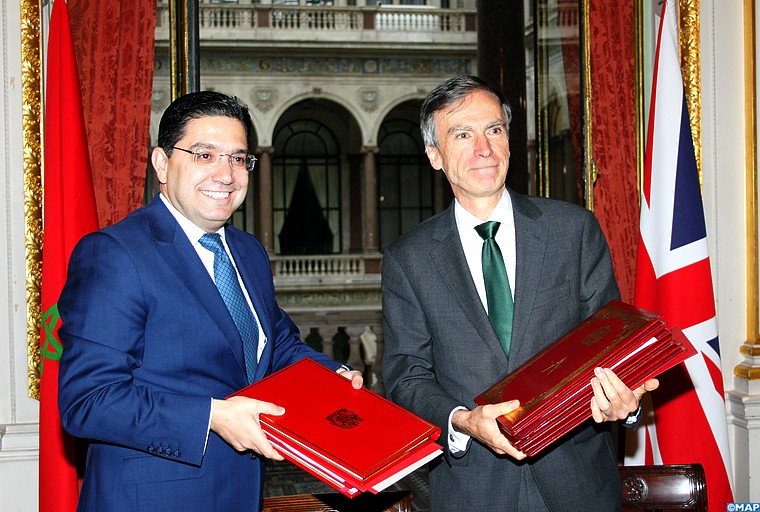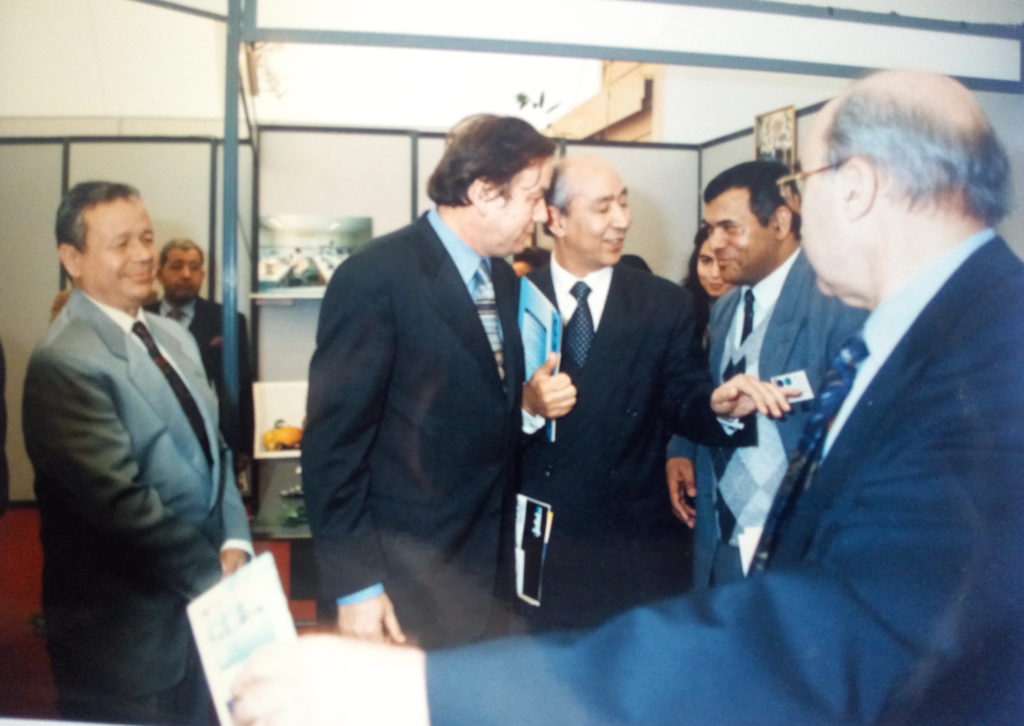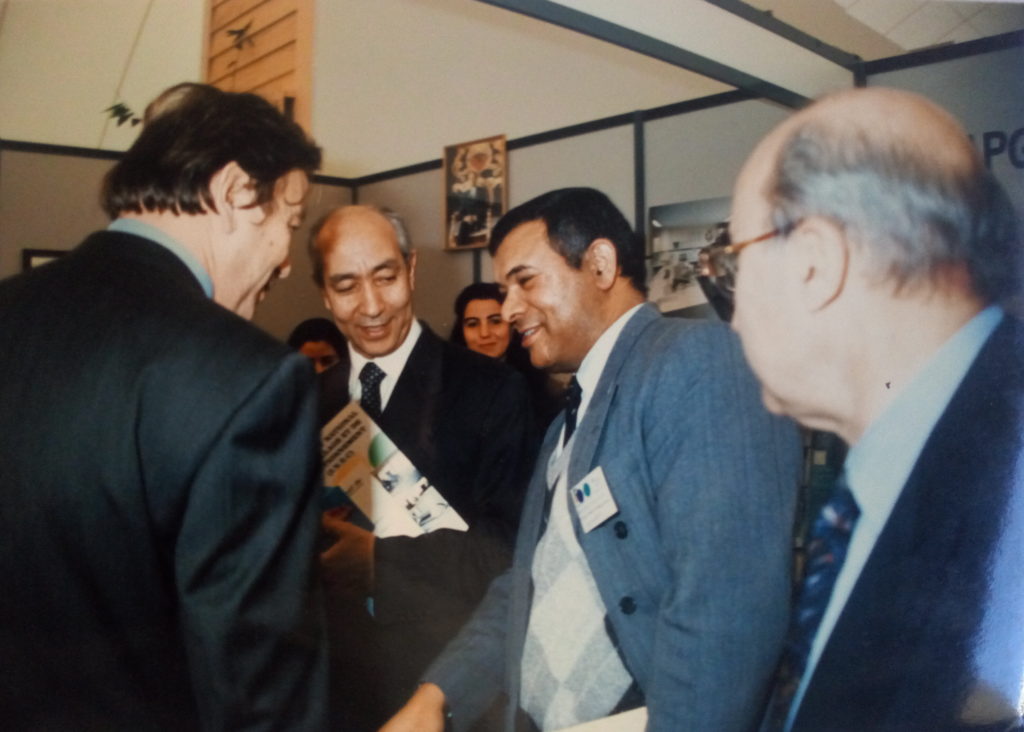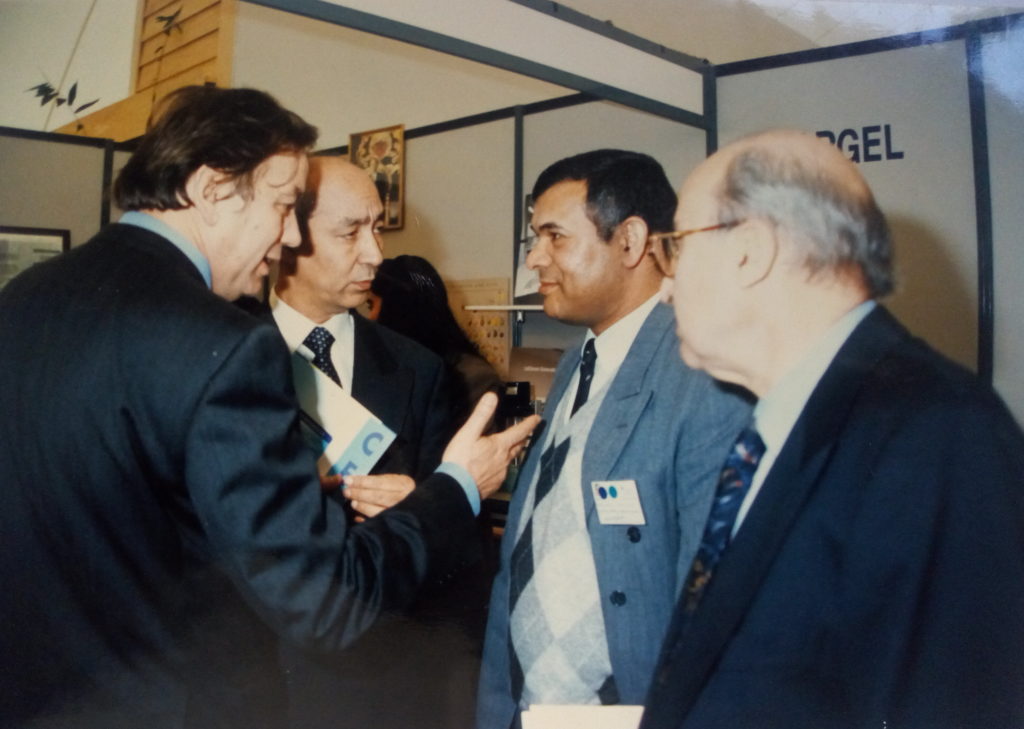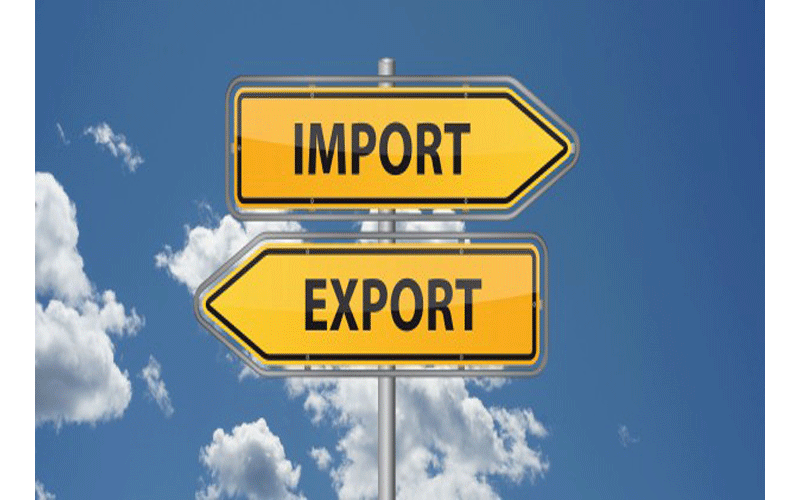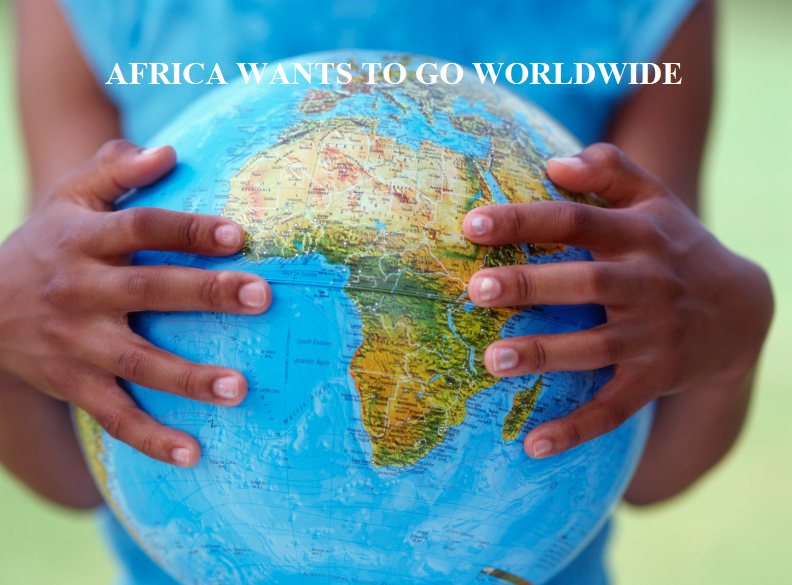In the seventies of the past century, while studying in Lausanne, I sometimes listened to a weekly flagship program at that time from French-speaking Swiss radio called “Fête comme chez vous” which was presented by the star host, the late Michel Dénériaz. During one of these broadcasts, he sang, with the participants, the song “Vive nous” which the Swiss citizen cherished. The Swiss had reason to boast of being the richest country in the world (per capita), to live in opulence, calm and serenity.
On our continent, even if there is recognition that Africa is potentially very rich, the populations which live there were on the whole impoverished. There are many reasons to explain this anomaly, which stem from our past colonization, some of which relate to the systematic looting of our agricultural and agrifood resources are discussed here and there in this blog. What matters to us now is to say that we can get out of this ghetto if we are willing to do so.
It is worth recalling, under this register, that in the aftermath of the last Great War, Germany was a completely dilapidated country and the whole of its population plunged in black misery. The Germans had, at the same time, to find a way to survive in a ravaged Germany, to cleanse the country of millions of bombs, sometimes still active, dropped during the conflict by the allies everywhere in the cities and the countryside and to start to rebuild the country. Assisted by the Americans, the German authorities appealed to the population to help this gigantic project. People, many of whom did not have more identity and / or legitimation papers, simply had to indicate their first and last names and specify their type of activity and / or their know-how. On this basis, and nothing else, money, because it was needed, was given to them to enable them to perform the tasks assigned to them. The Americans, who brought most of this money through the Marshall Plan, demanded no real guarantee for the advance of this money and German officials trusted their citizens for the good use of this windfall. We know what Germany has become again.
Other countries also found themselves temporarily trapped in misery and emerged from it by trusting the loyalty and genius of their citizens. This was notably the case for Japan and South Korea.
Colonization, as devastating if not more than the war itself, left, in the case of Morocco, a shocked, exhausted and penniless country. Consequently, since its independence from colonial France, Morocco gave, for considerations that go beyond the interests of this blog, largely the impression of standing still. For example, some thirty years ago, our country did not at some point have enough to pay in foreign currency for a load of grain and the boat had to leave Casablanca without unloading its cargo! But for the past 20 years, Morocco has undertaken to take back its destiny and its free will. The result was not long in coming. Today, it is enough that a Moroccan institutional body expresses on the international market a need for financing to receive several times the amount wanted and without guarantee of the State.
There is a national consensus in Morocco that the regaining control over the country started by restoring confidence in Moroccans in themselves and what they can achieve through, for example, the launch of the National Initiative for Human Development, or INDH (http://www.indh.ma/) by His Majesty King Mohammed VI in the 2000s. A large number of young and old have received money, more or less, to work on tasks which have enabled them to regain confidence in gainful work. The money was given to them on the basis of confidence in their know-how without any other guarantee requirement of any kind. While the material guarantee has always been a prerequisite for accessing a bank loan regardless of the amount. In reality, this requirement of systematic material guarantee to access a bank credit is at the origin of a large part of our ills in Africa and has contributed greatly to maintain us in the status of underdeveloped. And this constraint bears the imprint of mainly European donors to maintain a status quo which benefits, among Moroccan elite, to a small active minority which is committed to keeping us in the status of economic colonized.
Building on the full success of this first initiative for the benefit of the most deprived, His Majesty King Mohammed VI gave his instructions, in his speech at the opening of the parliamentary session last October, for the renewal of this approach but in bigger and with more means to consolidate the economic development of the country. Already, young people who have projects can now benefit from loans without preconditions of real guarantee or personal guarantee and everywhere in Morocco.
To appreciate the value of these initiatives, it should be recalled that, as regards the African agro-food sector, it is largely subordinated, directly or commercially, to European principals. In addition, according to our knowledge, the EU had taken its precautions and urged Morocco to commit itself to reserving to Europeans the same commercial advantages that it would have to offer to another commercial actor. All in all, Europeans have thought of everything to stay in charge of our agricultural and agrifood projects until the end of time. With the aforementioned royal initiatives, which will benefit Moroccans (Africans) first, the Kingdom elegantly frees itself from this obligation to do the same for Europeans. In short, we are regaining our sovereignty over our agricultural wealth and its transformation as well as our free will to export it where we want it and first to Africa.
But export now depends on adherence to benchmarks that are trusted by consumers. With the blocking of the WTO, for having been heavily discredited (see under http://alkhabir.org/en/the-african-commercial-renaissance/), continental Europe loses a strong argument that allowed it to brandish the threat to use this body against an African country which does not strictly comply with EU standards. Then there is the fact that the EU market is running out of steam and, in the opinion of some exporters, this market is increasingly speculative and less and less profitable. There is therefore a need for our African operators to see, while keeping our European outlets, to conquer other more profitable markets which are found in America and Asia. These countries have always applied FDA standards. These standards are now derived from the new American Food Safety Modernization Act or FSMA. The law in question is presented in a didactic way in the manual: https://www.ifsh.iit.edu/sites/ifsh/files/departments/fspca/pdfs/FSPCA_PC_Human_Food_Course_Participant_Manual_V1.2_Watermark.pdf
By diversifying our export, we will have a better chance of taking advantage of all the potential African resources we have. And who knows, maybe in our turn, we might at some point in the future sing the song: “Long live us Africans“.
We wish good luck to all of our operators in the African agrifood sectors.


